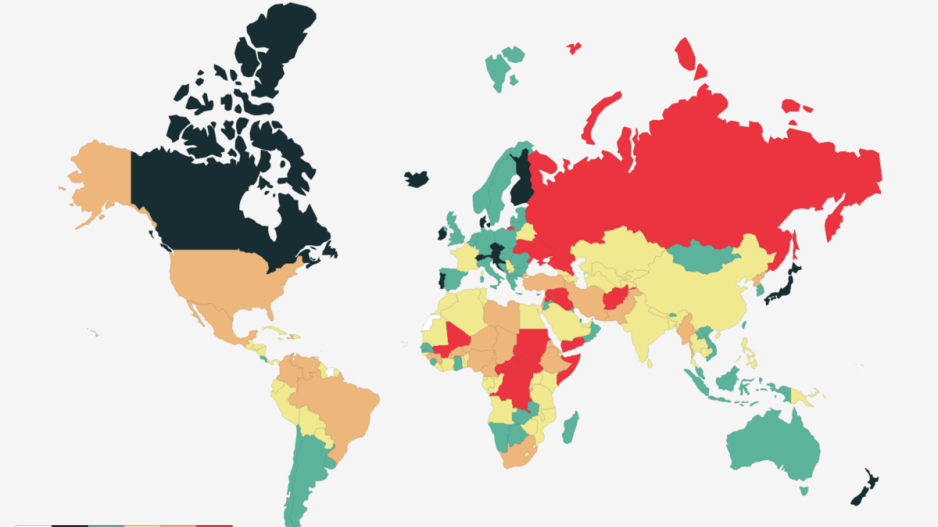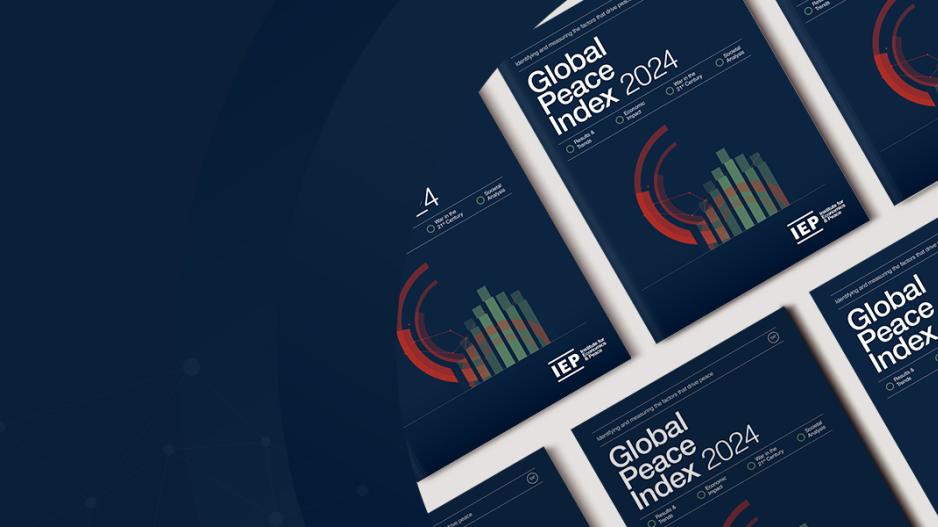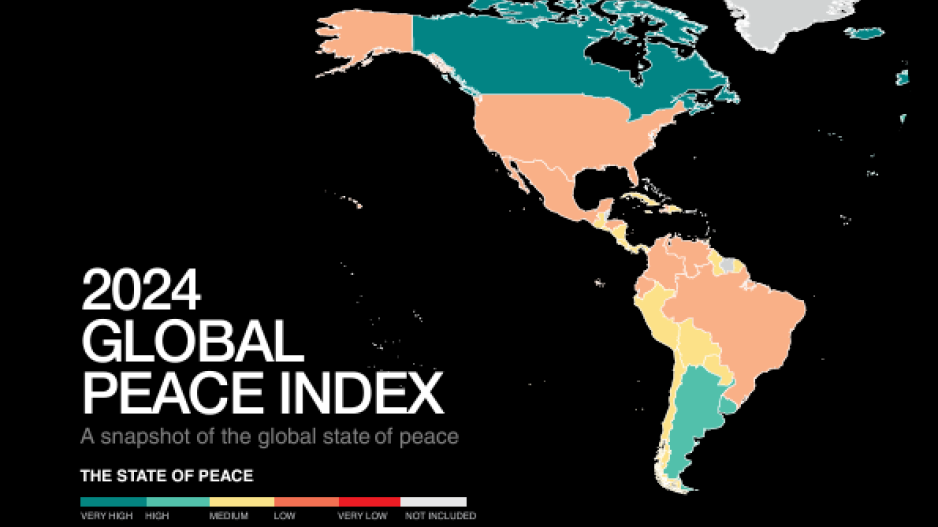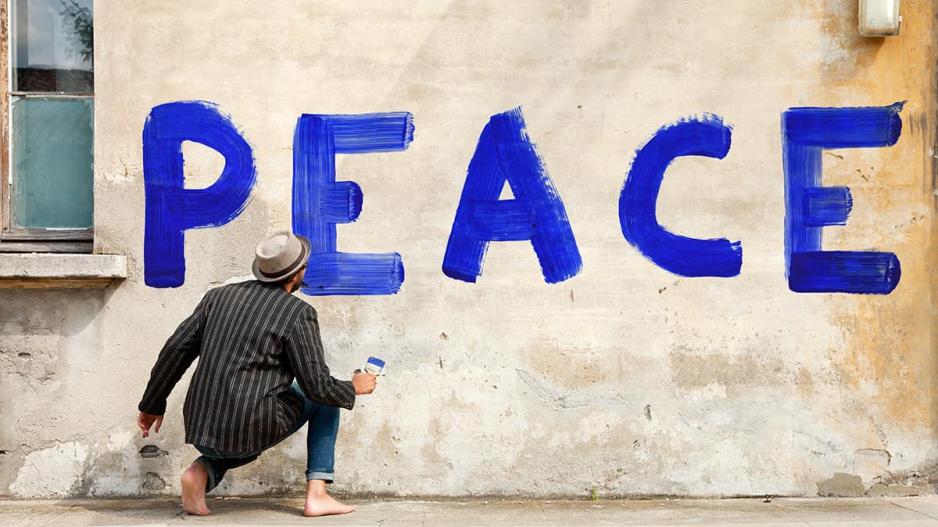Cyprus Slips in Global Peace Index
Seven European Countries Rank in the Top Ten Most Peaceful Nations Worldwide. Where Does Cyprus Stand?
In an era where violence, conflict, and wars remain integral parts of global reality, the promotion of peace has become increasingly urgent. The Institute for Economics and Peace recently published its 2024 annual report, presenting the Global Peace Index.
The report evaluates and ranks 163 countries based on their levels of peacefulness, taking into account factors such as internal and external conflicts, military expenditure, and crime rates.

Iceland once again tops the Global Peace Index for 2024, holding the title of the most peaceful country in the world since 2008. With a small population and no standing army, Iceland serves as a model of a society that maintains high levels of security, political stability, and social cohesion.
In second place is Ireland, a country that has achieved an exceptionally peaceful state. Austria, with its long-standing tradition of neutrality, ranks third, while New Zealand and Singapore round out the top five.
Other countries in the top 10 include Switzerland, Portugal, Denmark, Slovenia, and Malaysia, all characterized by stable internal security and strong economic growth.
Europe dominates the highest rankings, with eleven of the top twenty most peaceful countries coming from the continent, reinforcing its profile as the most peace-loving region in the world.
Cyprus ranks 88th on the Global Peace Index for 2024, with an overall score of 2.201, marking a drop of five places compared to last year.

While many countries have managed to maintain high levels of peacefulness, the overall picture for 2024 shows a deterioration in several indicators. According to the GPI report, 97 countries recorded worse performances compared to the previous year, the highest rate since the index was first published in 2008. The global decline in peace is attributed to factors such as increased military spending, conflicts in areas like Gaza and Ukraine, and rising polarization among different political and cultural groups.
Yemen replaced Afghanistan as the least peaceful country in the world. Yemen remains mired in civil war, with its population suffering from humanitarian crises and violence. Sudan, South Sudan, Afghanistan, and Ukraine follow closely, all regions plagued by violence and conflict.
In the category of the least peaceful nations, we see regions ravaged by severe crises, conflicts, and humanitarian issues. Yemen ranks last, followed by Sudan and South Sudan, both experiencing extensive ethnic conflicts and political instability, causing massive humanitarian disasters. Ukraine, affected by Russian aggression, ranks among the least peaceful countries in Europe.
Afghanistan, under Taliban rule and ongoing conflicts, also ranks low, while Russia, due to its military aggression and internal repression, is similarly positioned. Syria and the Democratic Republic of Congo, both dealing with continuous armed conflicts, complete the picture of the most unstable regions.

One of the major factors contributing to this decline is the ongoing armed conflicts in many parts of the world. Battle-related deaths reached 162,000 in 2023, with the conflicts in Ukraine and Gaza being major contributors to this figure. Ukraine, having suffered significant losses due to the war with Russia, ranks among the least peaceful nations, while Israel and Palestine are also near the bottom of the index.
The global militarization rate has also increased significantly, with 108 countries becoming more militarized in 2024 compared to the previous year. Despite Europe ranking as the most peaceful region globally, it recorded the largest annual increase in military spending since the GPI’s inception, highlighting concerns about security and rising tensions in many parts of the world.
In parallel, the global economic impact of violence increased to $19.1 trillion in 2023, representing 13.5% of global GDP. This economic impact demonstrates that violence and conflict affect not only the directly involved countries but also have wider consequences for the global economy. Supply chains are disrupted, investments decrease, and societies face economic and social pressures, particularly in regions with unstable political situations.
Another significant challenge is the global refugee crisis. Today, more than 110 million people are either refugees or internally displaced due to violent conflicts.






